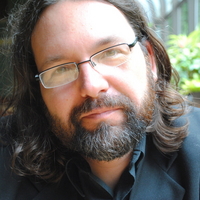Methane is the single biggest greenhouse gas that never gets talked about because environmentalists see it as a “bridge” to a clean energy future. Making power from food refuse makes complete sense. I hate to say it but backyard composters, as well meaning as they are, just throw the stuff up in the air. Ashley Halligan sent me this article:
Resource Recovery Facilities: An Economic And Efficient Energy Supply
Although the number of U.S. landfills has steadily declined since 1990, the size of landfills has increased. In fact, Americans generated 250 million tons of municipal solid waste (MSW) in 2010 alone. It’s thus no surprise that MSW landfills are our third-largest, human-generated source of methane emissions. But this is more an opportunity than it is a problem.
Many landfills are becoming resource recovery facilities–places where waste or byproducts are reclaimed and converted into energy. Captured by wells installed throughout a landfill, naturally-occurring methane emissions (or landfill gas–LFG) can be converted into multiple energy sources, including electricity, a replacement for fossil fuels in industrial operations, or upgraded to pipeline-quality gas. Methane’s heat can also be used directly. Of the approximately 2,400 operating or recently closed MSW landfills in the U.S., 535 (around 22 percent) currently have resource recovery projects.
To learn more about these projects and the benefits they deliver, I spoke to several industry experts–including David Specca, Assistant Director for Bioenergy and Controlled Environment Agriculture at the Rutgers University EcoComplex, and Barry Edwards, Director of Engineering and Utilities at Catawba County–and looked at three examples of successful projects.
:}
Go there and read. More tomorrow.
:}





